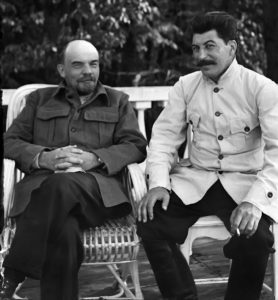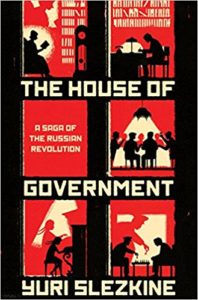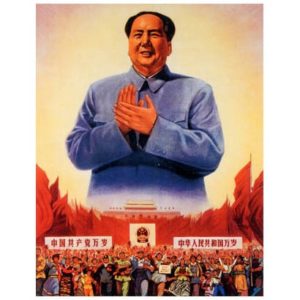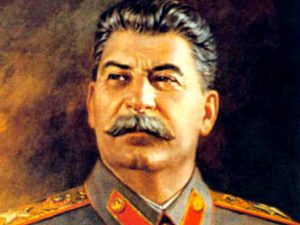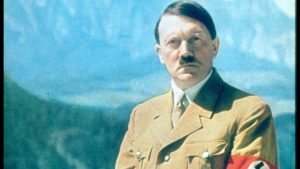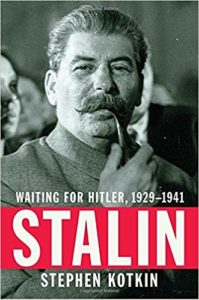
Stephen Kotkin is a historian who has written several outstanding books on Russian history and is now in the process of distilling his lifetime work into a monumental three part biography of Stalin. Volume 1 dealt with Stalin’s early life and his progress from relatively peripheral disciple of Lenin in 1917 to Lenin’s handpicked general secretary of communist party in 1922, to undisputed (though not yet completely all-powerful) boss and ruler of the Soviet Union by 1928. By the end of that volume, Stalin was firmly ensconced in this position, having successfully seen off the challenge from Trotsky, who lost out partly because almost nobody around him liked him, but mostly because he was neither as hardworking, nor as competent, iron-willed or crafty as Stalin. It is true that Trotsky imagined himself as the real “Marxist intellectual” in this fight, but the autodidact Stalin was no intellectual slouch, and Trotsky’s low opinion of him in this arena is also a (small) part of why he lost this fight; he underestimated his opponent. Of course, both of them believed fully in the Marxist-Leninist picture of history and society, complete with the necessity of class war, the central role of the proletariat and the idiocy of the peasants, so it is easy to dismiss the intellectual output of both parties as equally delusional, but that is not how it looked in the 1920s, so we should leave such retrospective wisdom out of the discussion. In any case, by 1928, Stalin had kicked Trotsky out of the Soviet Union, and had defanged or sidelined all his other rivals within the Bolshevik leadership.
